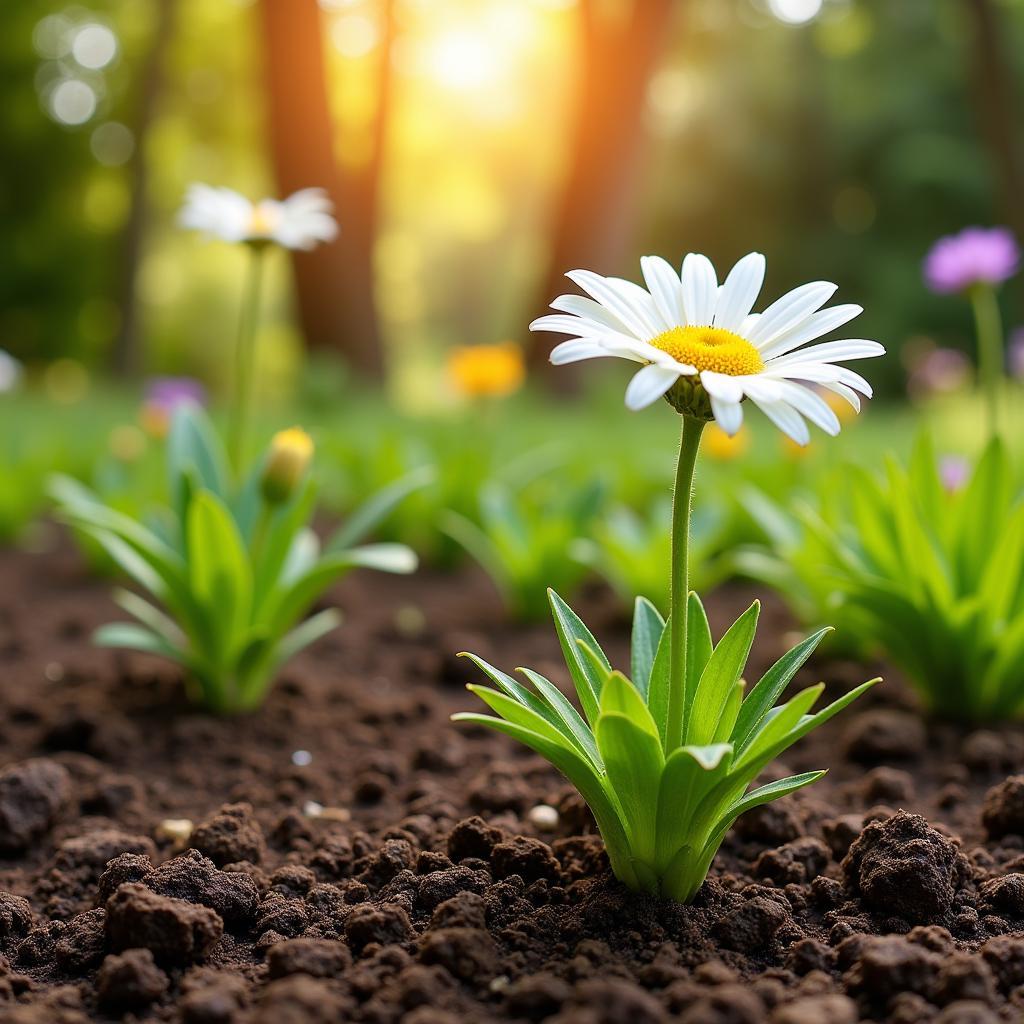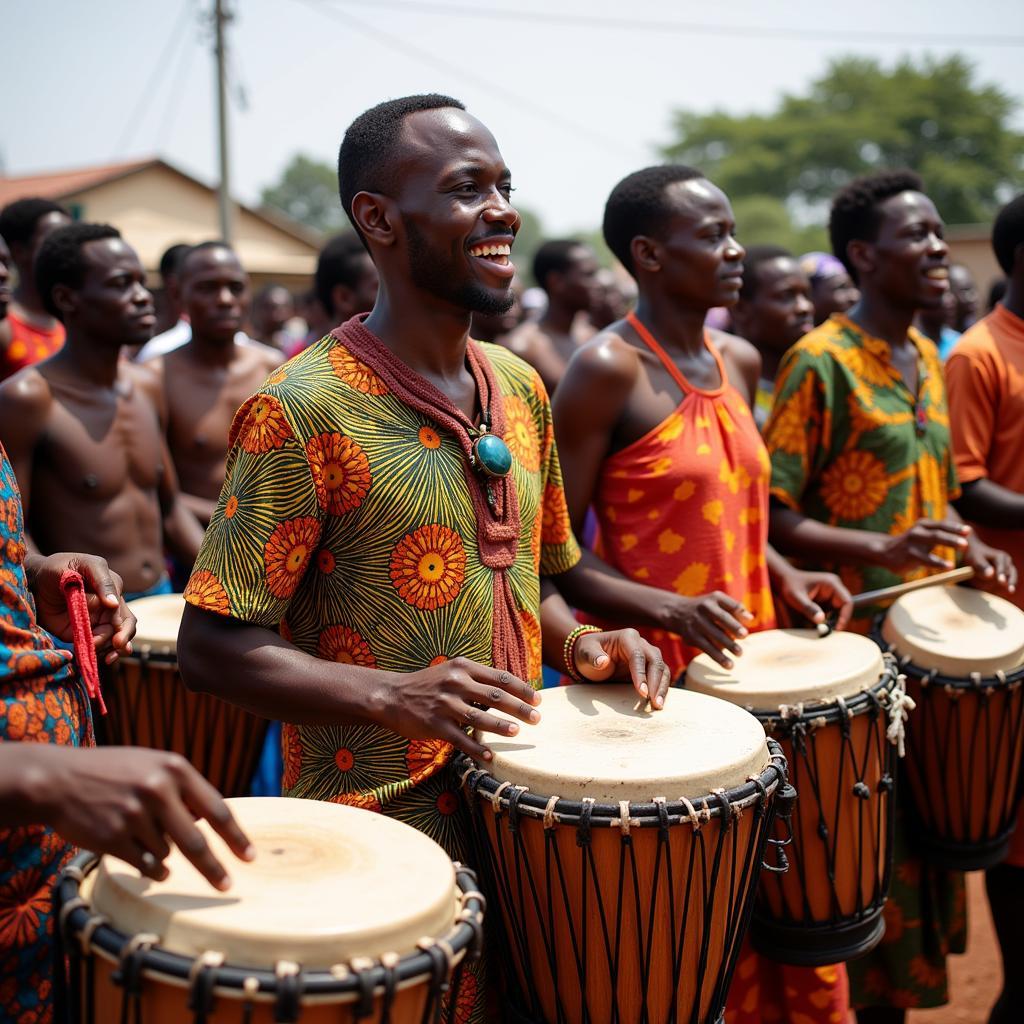The Importance of Cultural Sensitivity in African Storytelling: A Deeper Look
This article aims to provide a nuanced understanding of African storytelling, specifically focusing on the importance of cultural sensitivity when representing African cultures in media. It will delve into the complexities of African cultures, emphasizing the need to avoid generalizations and stereotypes, and encourage respectful and accurate portrayal of the diverse experiences across the continent.
African storytelling has a rich and long history, spanning centuries and incorporating a diverse range of narratives, traditions, and cultural practices. From the ancient myths and legends of the Yoruba people in Nigeria to the intricate tales of the Maasai in Kenya, each community has its own unique way of preserving and passing on its history and values.
Understanding the Diverse Landscape of African Cultures
Africa is a continent of immense cultural diversity. It is home to over 2,000 different ethnic groups, each with their own unique language, customs, and beliefs. It is important to recognize and respect this diversity when exploring African storytelling.
Challenging Stereotypes and Generalizations
Unfortunately, African storytelling has often been marred by harmful stereotypes and generalizations. These often portray African cultures as monolithic, underdeveloped, and rife with conflict. This type of representation reduces the richness and complexity of African cultures and perpetuates harmful biases.
“It is crucial to avoid perpetuating harmful stereotypes and to present a more nuanced and multifaceted understanding of African cultures,” advises Dr. Amina Omar, a renowned anthropologist specializing in African cultural studies. “We need to move beyond the simplistic and often inaccurate representations that have dominated media narratives for too long.”
The Power of Authentic Representation
Authentic representation is essential in ensuring that African storytelling is respectful and culturally sensitive. This involves amplifying the voices of African creators, supporting diverse perspectives, and promoting accurate information.
The Need for More Diverse and Inclusive Narratives
The future of African storytelling lies in its ability to embrace diversity and inclusivity. This means representing the full spectrum of African experiences, including those of marginalized groups, such as women, LGBTQ+ individuals, and individuals with disabilities.
The Importance of Cultural Consultation and Collaboration
Cultural consultation and collaboration are essential tools in promoting ethical and responsible African storytelling. This involves engaging with members of the specific communities being represented to ensure that narratives are accurate, respectful, and sensitive to local customs and beliefs.
Conclusion: Celebrating the Richness of African Cultures
African storytelling holds immense power to inform, entertain, and inspire. By prioritizing cultural sensitivity, authenticity, and inclusivity, we can ensure that these stories are told with respect and dignity. This is not just a matter of ethical responsibility; it is a critical step in fostering deeper understanding and appreciation for the richness and diversity of African cultures.
Frequently Asked Questions:
1. What are some examples of harmful stereotypes about African cultures?
- Portraying all African cultures as primitive or underdeveloped.
- Depicting Africa as a continent plagued by poverty, violence, and disease.
- Reducing African cultures to a single monolithic identity.
2. How can I be more culturally sensitive when consuming or creating African content?
- Educate yourself on the different cultures of Africa.
- Avoid making generalizations or assumptions.
- Seek out perspectives from African creators and voices.
- Engage in respectful and thoughtful discussions about African cultures.
3. Why is authentic representation so important in African storytelling?
- Authentic representation helps to dismantle harmful stereotypes and promote a more nuanced understanding of African cultures.
- It gives voice to diverse perspectives and experiences within the African continent.
- It fosters a sense of cultural pride and belonging among African communities.
4. What are some resources for learning more about African cultures and storytelling?
- Libraries, museums, and universities offer a wealth of resources on African cultures.
- Online platforms, such as documentaries, films, and websites, can provide valuable information.
- Connect with organizations and individuals working to promote authentic African storytelling.
5. How can I contribute to the advancement of responsible and ethical African storytelling?
- Support African creators and their work.
- Amplify diverse voices and perspectives from the continent.
- Advocate for more inclusive and accurate representations of African cultures in media.
This article serves as a starting point for a deeper exploration of the complexities of African storytelling. Through continued learning, dialogue, and collaboration, we can work towards a more respectful and accurate representation of the rich tapestry of African cultures.




